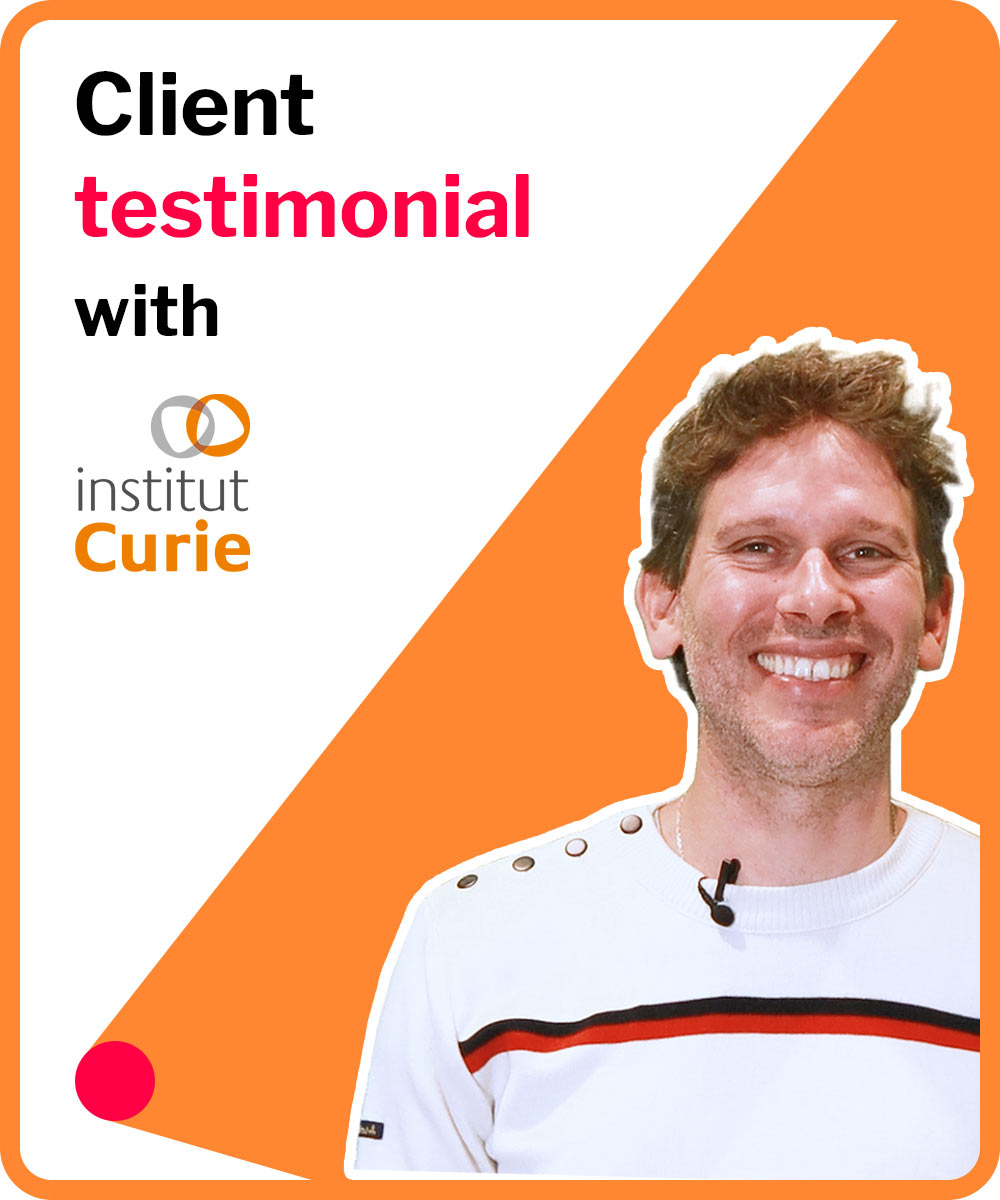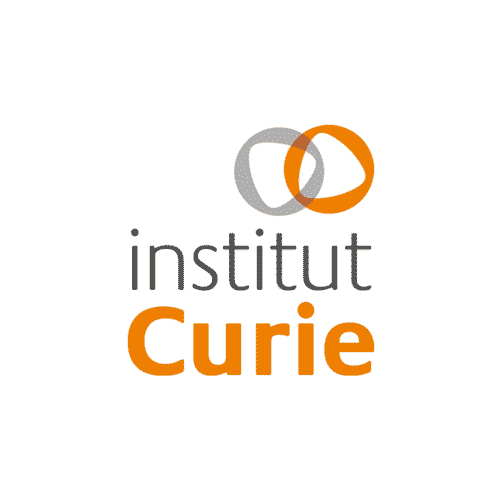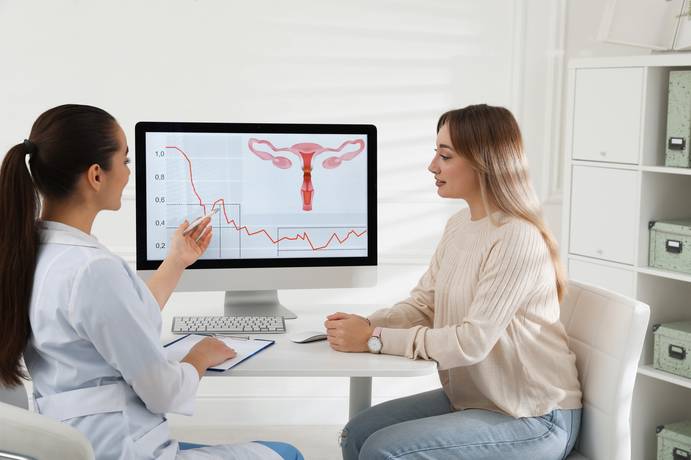
Women’s health

Develop research, innovation, and access to quality treatments for women
Our specialized team supports healthcare players in exploring the field of women’s health and their projects related to understanding women’s diseases, their causes, treatments, and associated care pathways as well as driving innovation in this area.
They trust us


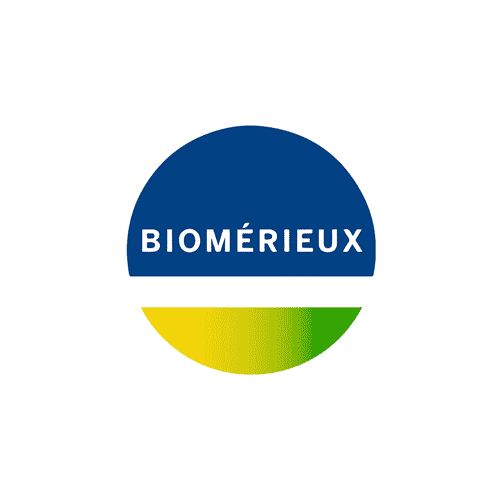


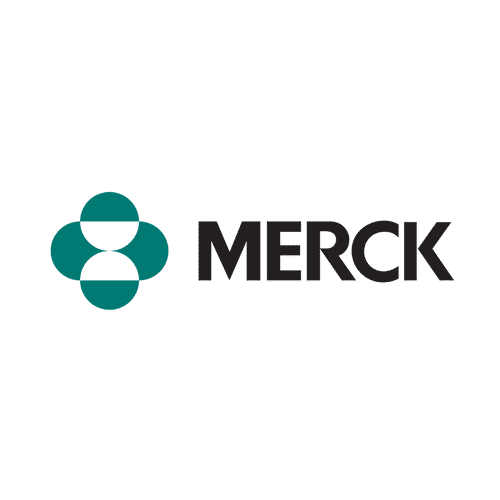

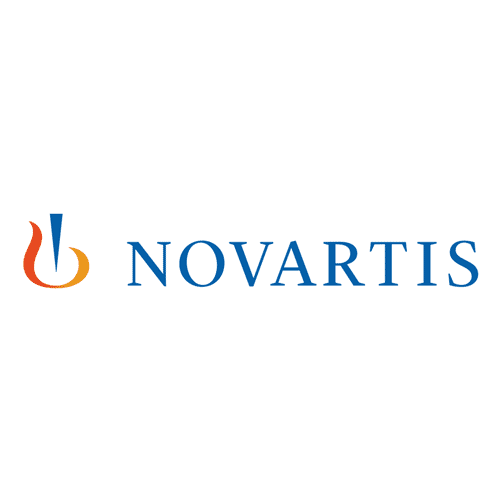

The challenges related to women’s health
Sex and gender have a significant impact on health and prevention, as pointed out by the WHO. Unfortunately, in different societies across the world, women face inequalities in terms of access to healthcare services and prevention.
This is largely due to lack of knowledge, treatment, or care pathways that account for sex- and gender-specificities in healthcare, and/or due to socio-cultural factors (such as inequalities between women and man, or focuses only on women’s reproductive roles). As such, it is necessary to integrate sex and gender issues in health and treatment in order to better treat and support women, and to fight against health inequalities. The report “Sex, gender and health” published by the High Health Authority in 2020 in France calls for a collective comprehension of this subject.
Things are moving in the right direction, as women’s health has seen a growing interest recently, including movements such as free speech and eliminating taboos, specialist players in the field strengthening their positions, and the development of numerous innovations thanks to the growth of the FemTech market (contraction of “Female” and “Technology”; a market of technologies and innovative solutions dedicated to women’s health).
Healthcare services and treatments must continue to be developed to address the specific needs of women and to globally improve support for women, in order to reduce health inequalities linked to sex and gender.
In this context, numerous challenges lie ahead for private actors (industries, biotechs, start-ups) and public players (research centers, hospitals), including the following:
Currently, only 4% of R&D investments in the biopharmaceutical industry go towards women-specific health needs. Thus, it’s important to accelerate:
- Fundamental research to better understand feminine physiology, women’s-specific health subjects (such as disorders linked to menstruation and menopause), and to generate gender-specific data to improve medicine and care pathways dedicated to women
- Clinical research to develop new treatments, particularly for currently untreated (or minimally treated) pathologies such as endometriosis, and for hormonal disorders or post-reproductive health
- For non-gender-specific pathologies, simply ensuring gender balance in clinical trials would better take into account women’s health.
What understanding can be gained by a better comprehension of women’s physiology and on gendered medicine? What women-specific needs should be better covered? What new treatments and innovations should be developed for women’s health?
Numerous efforts have been made to prioritize women’s health by public and private players in order to sensitize and educate the public, and to train healthcare professionals to better recognize health issues specific to women and reduce diagnostic delays.
For example:
- Endometriosis, the leading cause of infertility in France, takes on average 7 years to diagnose, partly due to the normalization of pain, taboo surrounding menstruations, and a general lack of knowledge and awareness surrounding the condition. While France has taken steps to address this issue with a national initiative to fight endometriosis, other women-specific conditions (such as polycystic ovary syndrome and premenstrual syndrome) have yet to be addressed.
- Screening and monitoring risks of cardiovascular disease in women are inadequate: 42% of women do not have heart examinations, despite the fact that cardiovascular disease is the leading cause of death in women. In fact, 8 out of 10 women are unaware of the signs of heart attack in women, which are different from those present in men.
Which women’s health subjects are poorly identified and diagnosed? How can we reduce misdiagnoses? How can we promote the right level of therapeutic education?
Women’s healthcare needs to be more comprehensive and multidisciplinary, with a coordination initiative between gynecologists, general practitioners, midwives, fertility specialists, specialist institutes, and other healthcare professionals.
The role of midwives, for example, could evolve and take into account not only women’s pregnancy, but their gynecological check-ups, given that only one in every two women carry out gynecological check-ups as often as recommended by health authorities.
Additionally, it’s necessary that the involved healthcare professionals take into account gender- and sex-specificities into their care journeys (understanding biological differences such as symptoms, fighting against gender stereotypes and social inequalities linked to gender, etc.) and understand the emotional journeys of their patients.
What needs are currently unaddressed, or poorly addressed, in women’s health? Which aspects could patients and healthcare professionals be better supported in?
The 2020 WHAM report estimated that $14 billion would be saved in the US by every $350 million research invested in research for women’s health, specifically for Alzheimer’s, coronary heart disease, and rheumatoid arthritis. This is one of many available figures demonstrating that research investments into women’s health would also greatly benefit society overall!
Let’s illustrate with FemTech, some new solutions that aim to address the specific health needs of women. Key examples include disruptive start-ups such as Clue, which helps women monitor their menstrual cycles, Apricity, which is a virtual fertility clinic, or Elvie, a connected medical device for perineum re-education.
It’s thus necessary for private and public health players to support innovation, to develop partnerships and to contribute to the growth and development of these new solutions.
There are still challenges that need to be addressed in this market: not all FemTech segments have the same visibility or funding, including particular attention on maternity and fertility, and less on menopause and menstruation. The latter are restricted by existing taboos around these subjects and lack of knowledge, especially among investors.
What will be the innovations of tomorrow in FemTech? How can we support them?
Access to quality healthcare for women is hindered by socio-cultural problems, such as :
- Existing taboos around menstruation, menopause, and sexual health
- Gender stereotypes which could, for example, explain the under-diagnosis of autism spectrum disorders in girls and women because of social constructs around “shyness” and “social isolation” in girls
- Women’s renunciation of healthcare or putting others healthcare before their own (81% of women make such healthcare “sacrifices”)
- Economic insecurity, which affects women more than men
How can we address socio-cultural factors that hinder women’s access to healthcare services? What role can different public and private actors, in healthcare and outside, play in these subjects?
How we support you in your projects related to women’s health
For over 10 years, Alcimed has developed a deep understanding with the problems, challenges, and players in the field of women’s health, through numerous market studies and the study of multiple strategic and forward-looking opportunities .
More generally, our strong knowledge of players, their markets, and the environment surrounding them allows us to rapidly come to terms with the subjects trusted to us by our clients. For example, we have supported players such as:
- French and European institutions and research centers
- French and European public health establishments
- European and North American biopharmaceutical and pharmaceutical companies, biotechnology companies and professional associations
Our projects cover diverse subjects including the study and evaluation of women’s health and FemTech market opportunities, strategic support for positioning of a new offer or entry into a new market, understanding of women’s diseases and their support systems (treatments and existing cares, uncovered needs, etc.), optimizing patient pathways by collaborating between public and private players, or helping to put together applications for research and innovation projects.
What they say


"Good mood, enthusiasm, clearly professionalism, and an ability to mobilize and change direction according to the needs of the project."
Dr. Amaury Martin
Directeur adjoint de l’Institut Curie
Examples of recent projects carried out for our clients in women's health
Supporting a pharmaceutical player in scientific understanding of certain women’s diseases
We helped a pharmaceutical industry client in assessing scientific knowledge (quantity and quality of studies, level of consensus, etc.) and in comprehending the scientific mechanisms underlying 4 disorders specific to women’s health: premenstrual syndrome, primary dysmenorrhea, hormonal migraines, and cystitis.
We also conducted a targeted study of a key country in order to evaluate the level of awareness in healthcare professionals and the public, and what information what available on these subjects in that country. In doing so, our study allowed our client to identify the key scientific messages to build a differentiating communication strategy for their health product.
It also allowed them to help healthcare professionals and the grand public to better understand the physiology of women and importance of gender-specific medicine and treatment.
Supporting in the setting up of a women’s health institute
We assisted a French public health establishment in setting up an institutional project specifically dedicated to women’s health.
For this, we conducted a benchmark of institutes dedicated to women’s health in France and worldwide, to better understand their positioning and the problems they addressed.
We then supported our client in defining their offer and the business plan of their institute.
Exploring new business opportunities in women’s health and FemTech
One of our clients, a leading pharmaceutical company specialized in health products for the general public (consumer healthcare/OTC), wanted to explore new business opportunities for innovation and to strengthen their position as a market leader.
After a first phase of study of key market tendencies of CHC, we together identified women’s health as a key domain containing innovative and interesting opportunities for our client. We therefore supported them in the identification, characterization, and prioritization of players and innovations (solutions, products, and technologies) in the women’s health and FemTech markets in France. To do so, we carried a study of 37 start-ups including innovations in subjects such as menopause, menstruation, sexual health and perinatal health.
Finally, we evaluated the business opportunity for our client in innovations that we prioritized based on criteria such as level of innovation, synergy with our client’s activities, and potential for partnership.
Strategic support in evaluating the market opportunity for a new application in women’s pain
Our client, an e-health player in the field of chronic pain care, wanted to evaluate the opportunity to develop a new application for supporting women in managing physical or psychological pain.
We conducted a strategic study of 5 market segments in women’s health. For each of these segments, we brought to light the competition (number and types of solutions, positioning, etc.), the need (intensity of perceived need, current level of coverage of need, etc.), and the feasibility of the impact of each application.
Thanks to this study, our client was able to prioritize each segments of interest in which to position their application.
Understanding of the prescription habits and treatment-decision criteria of oncologists in breast cancer treatment for a pharmaceutical player
Alcimed worked with a pharmaceutical client to understand the underlying reasons behind the non-use of a treatment for certain types of patient profiles.
We conducted interviews with oncologists to get an appreciation of the criteria influencing the prescription of a breast cancer chemotherapy. In doing so, we were able to identify the incentives and reasons behind the choice of a chemotherapy, whether it is linked to the characteristics of the patient or the psychological inducement and perception of the oncologist on a particular treatment.
Our work enabled our client to get a better understanding of what is valued by healthcare professionals like oncologists for breast cancer patients and how they can improve the distribution and communication of their treatment in line with the prescribers’ habits.
Exploration of new market opportunities for a mid-size pharma company in the women healthcare sector
One of our clients specialized in the women healthcare segment wanted to identify a new indication they could enter in the next few years.
We conducted a strategic study based on interviews with experts such as general practitioners or gynecologists in Hungary, to investigate gynecological indications that affect women and select the key upcoming ones in the future of women’s health.
Our study supported our client in the identification, characterization and prioritization of a new opportunity based on their internal capabilities to enter a new and growing indication, but also provided them with market trends, innovations, and a clear view on the competitive landscape among big, medium and small pharma.
You have a project?
To go further
Healthcare
3 FemTech startups innovating for women’s health
The FemTech market, estimated at over $50 billion, is a breeding ground for innovation. Zoom in on 3 start-ups that will significantly improve women's health.
Articles
Endometriosis research, from breaking the taboo to challenges to overcome
Overlooked for many years, endometriosis public awareness is rather new. The new light that was shed on the disease broke the taboo, and allowed the launch of initiatives aiming at improving patient ...
Healthcare
Cardiovascular disease in women: how to close the gender gap in heart attacks?
Although 1 in 5 women in the USA die of heart disease, many people associate heart disease primarily with men. What are the crucial steps to start closing the gender gap in cardiovascular disease?
Founded in 1993, Alcimed is an innovation and new business consulting firm, specializing in innovation driven sectors: life sciences (healthcare, biotech, agrifood), energy, environment, mobility, chemicals, materials, cosmetics, aeronautics, space and defence.
Our purpose? Helping both private and public decision-makers explore and develop their uncharted territories: new technologies, new offers, new geographies, possible futures, and new ways to innovate.
Located across eight offices around the world (France, Europe, Singapore and the United States), our team is made up of 220 highly-qualified, multicultural and passionate explorers, with a blended science/technology and business culture.
Our dream? To build a team of 1,000 explorers, to design tomorrow’s world hand in hand with our clients.
We take into account two main types of subjects regarding women’s health:
1. Health issues specifically concerning women, for example:
- the gynecological sphere: menstruation-related problems (dysmenorrhea, premenstrual syndrome, catamenial migraines, etc.), non-cancer chronic gynecological diseases (PCOS, endometriosis, etc.), genital pathologies and infections
- reproductive and perinatal health: infertility, access to contraception and abortion, assisted procreation, pregnancy, the postpartum period
- post-reproductive health: menopause and its impacts on social, physical, and mental wellbeing (hormonal changes, symptoms and disorders, etc), and changes in the risk for different types of disease (elaborated in point 2)
- women-specific cancers (cervical cancer, breast cancer, ovarian cancer, etc.)
2. Health issues that are not women specific, but:
- for which prevalence and/or risk is higher for women: depression, Alzheimer’s, eating disorders, overweight, diabetes, hypertension, changes in risks linked to menopause (osteoporosis, cardiovascular diseases, cancers)
- which are less well managed for women: cardiovascular risks, general management of cancers (particularly lung cancer), delayed diagnosis of pathologies such as autism, etc
According to recent market studies, femtech and the global women health market would be valued between 20 and 77 billions of US$ in 2023. Significant development and breakthrough innovations are expected in the next years, which could be explained by the growing awareness of women-centric diseases like breast cancer or infertility, but also the rising prevalence for women of non-gendered diseases like Alzheimer or depression.
